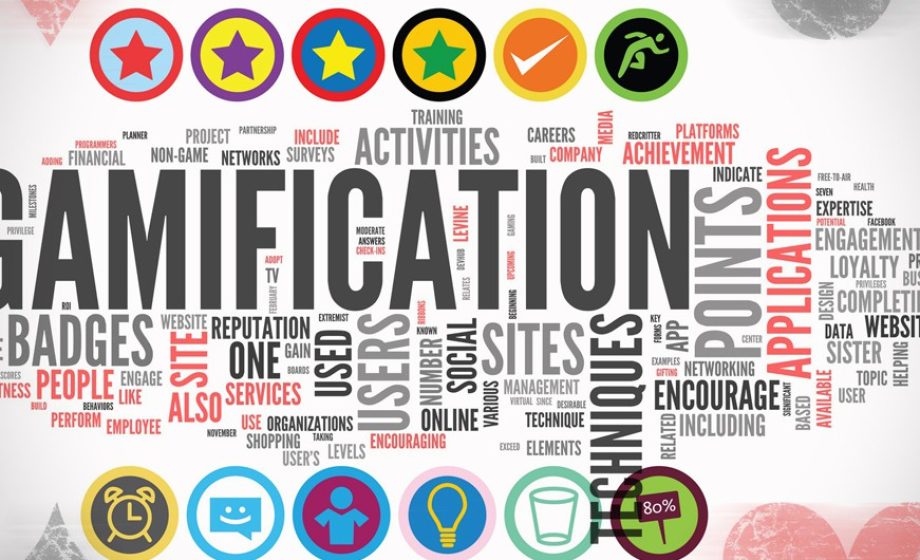
Who does gamification well? Do you need to always include leaderboards and other jedi-mind tricks to make sure your application sticks and is downloaded, used, and talked-about by millions of people? Not necessarily, it really depends on what your specific goals’ for your app are and the demographics you are targeting.
Here are two apps that do gamification really well from different angles.
2048. 2048 launched just a few weeks ago and was created by a 19-year old web developer. Gabriele went on to create a really fun and addictive game. It’s pretty much a sliding puzzle that leverages some math and is similar to many other apps released lately, including the infamous Flappy Bird.
The original version has very basic graphics, no help or explanations what so ever, and little way of sharing via social. In other words they were doing the exact opposite of everything you hear about making games stick!
However, the game is going viral with people posting pictures of their scores (if you want to pretend that you rule the game, just read this how-to on Stackoverflow and run the simulator!)
What makes 2048 so interesting with so few features?
- It does appeal to the math geeks in all of us because people want to “get-it”.
- It is not complex to use and can be completed in a few minutes
- It provides some direct feedback (you win/ you lose) so people know the outcome right away and are not dependent upon the actions of others.
- It does not have any in-app purchases that hinder game play. Granted there is a little ad-area at the end of the game but nothing as annoying as other applications that will stop the game until you spend money on it.
Interestingly enough comments and ratings for the game started to drop when a new version came out with better graphics and a leaderboard. It seems that people wanted to keep the original version as-is (maybe to not be ridiculed for their lack of math talent!). Because the game is based on an open source stack, expect some copycats soon, if not yesterday
Another app caught my eyes this week for its gamification and business model: girlfriendly. The game makers sent us a beta version and you should give it a try; Think of it as fitbit meets match.com
The app revolves around the fact that most people’s problem is not in finding a date but, rather, in making sure the date and subsequent encounters go well.
- When you are in pre-date mode, the app will send you reminders as to when to contact the person, the type of clothes to wear and so forth.
- Complete each steps and you get points that will eventually become badges. Girlfriendly makers will turn these badges into rankings down the road to simplify the process of finding good dates and propose paid-services to people who simply cannot get enough points.
- The real magic happens once you load up the app on a wearable device. I tested mine on my Tizen watch and lo and behold, the app even gives you feedback as the date goes on. For example, it will sense that you are getting close to a door and will remind you to open it.
- Apparently it also detects music (like Shazam) and will give you some suggestions on what to do given the background music, something awesome for people like me who do not move like Jagger.
- The app makers mentioned that a special level could be unlocked once you get to a certain number of date-points. They would not specify what it was though it’s fair to assume what the topic will be!
So 2 apps with similar audiences taking a very different approach to gamification. Have you used either of them? What’s your take and did you feel that one approach worked better on you than the other one?

